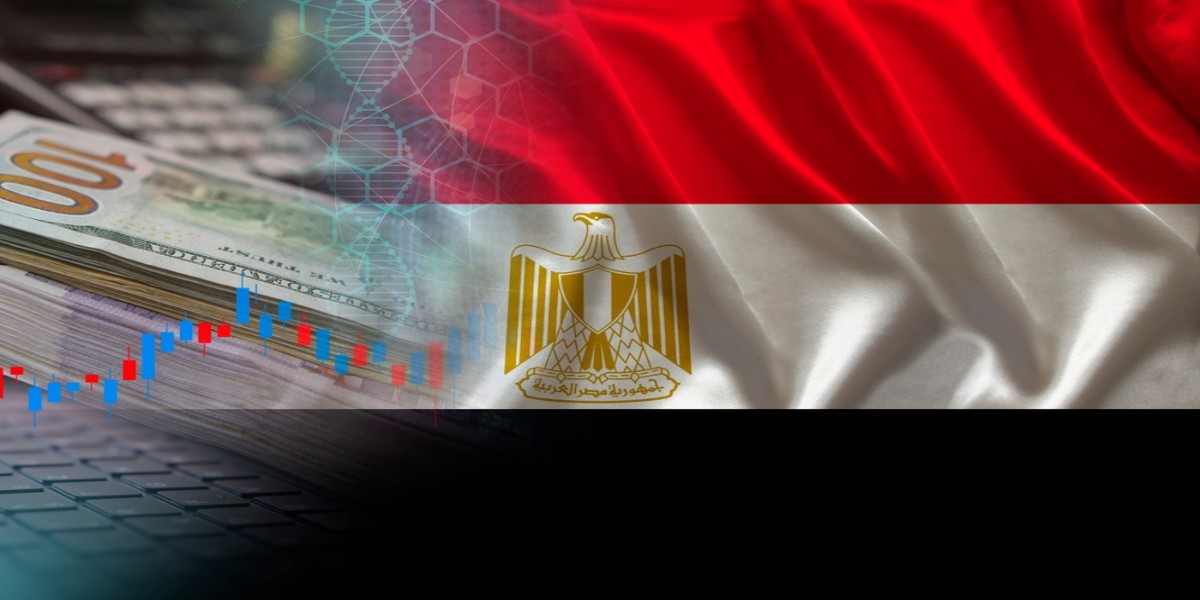The Ministry of Planning and Economic Development in Egypt recently revealed that the country’s gross domestic product (GDP) recorded a 2.65 percent growth rate at constant prices in the current fiscal year 2023-2024.
Thus, Egypt’s economy slowed from a growth rate of 4.4 percent compared to the previous fiscal year 2022-2023.
Notably, Egypt’s Prime Minister, Mostafa Madbouly, explained that his country’s economy has around two years to return to normal, pointing out 2024 and part of 2025 as the expected period of recovery.
Strategic directions
Egypt’s Information and Decision Support Center (IDSC) prepared a research project titled “Document Highlighting the Strategic Directions for the Egyptian Economy for the New Presidential Term (2024-2030).” This document defines the priorities for policy action for Egypt’s economy until 2030. It involves macroeconomic trends and economic and social sector trends that support Egypt’s renaissance.
Moreover, the document includes eight strategic directions for Egypt’s economy for the new presidential period (2024-2030). The strategies aim to achieve strong, comprehensive, sustainable, and balanced economic growth ranging between 6 percent to 8 percent. The document also places greater focus on the quality of economic growth, by enhancing exports and investments in generating output. It seeks to also focus on a pace of economic growth that supports employment. Hence, it aims to provide between 7 to 8 million job opportunities during that period.
Inflation in Egypt
On the other hand, inflation in Egypt’s cities continued its downward trend in December for the third month in a row. That was due to pressure from the country’s base-year analysis. Food prices continued their upward trend whereas other foods suffered from a shortage. Moreover, the country witnessed a scarcity of hard currency needed for imports.
Egypt’s Central Agency for Public Mobilization and Statistics (CAPMAS) revealed that the annual inflation rate in cities reached 33.7 percent last December. That is a decrease compared to 34.6 percent in November. According to the agency’s statistics, food and beverage prices jumped 60.5 percent year-on-year in December.
Moreover, inflation in Egyptian cities recorded 1.4 percent monthly in December compared to 1.3 percent in November.
Egypt is also witnessing a jump in basic commodity prices resulting from the repercussions of the Russian-Ukrainian war and a devaluation of the currency exchange rate.
Read: The growing importance of procurement and supply chain in today’s economy
Non-oil sector
An official survey showed a contraction for the thirty-seventh month in non-oil private sector activity in Egypt in December. Thus, the weak currency and import restrictions continue to hamper business activities.
Moreover, Egypt is going through an economic crisis amid high inflation and a severe shortage of foreign currency, in addition to high levels of borrowing over the past eight years.
The state imposed restrictions on imports in light of the scarcity of foreign currencies. Moreover, it has also devalued the pound three times since early 2022, as this local currency has lost about half of its value against the dollar.
For more news on economy, click here.








